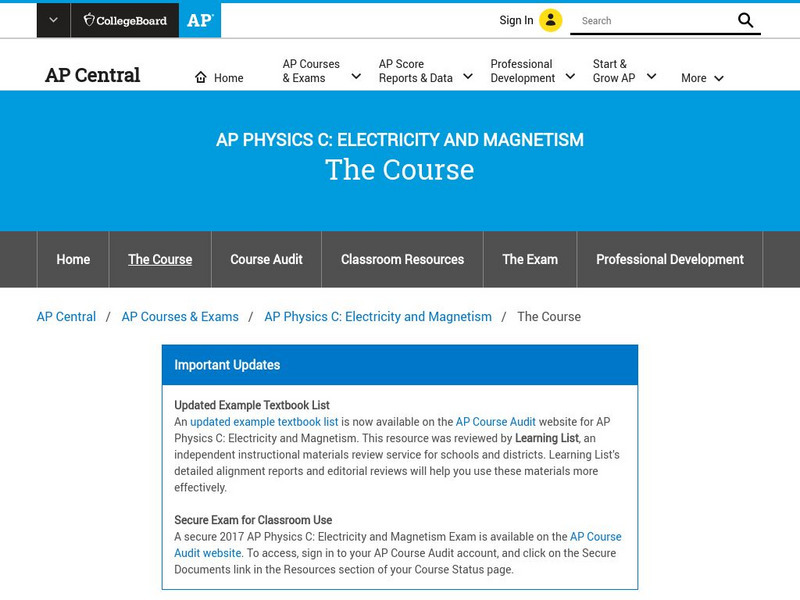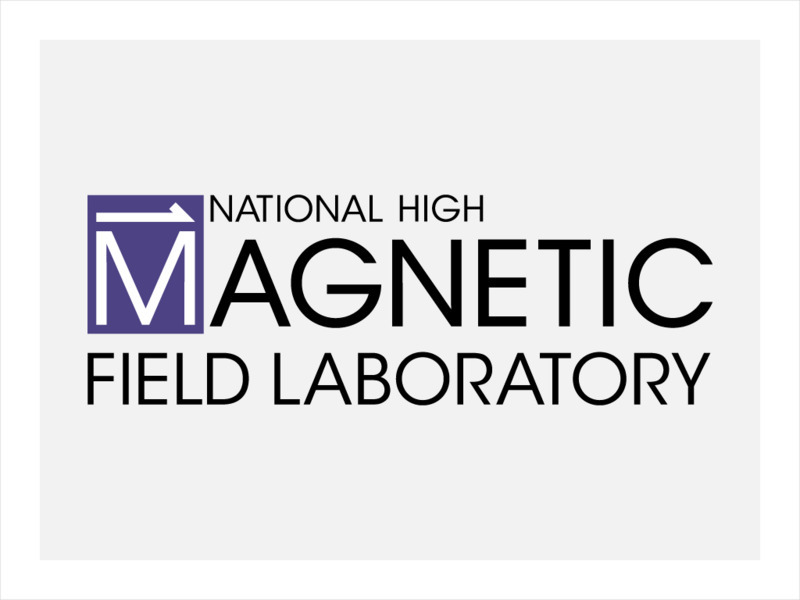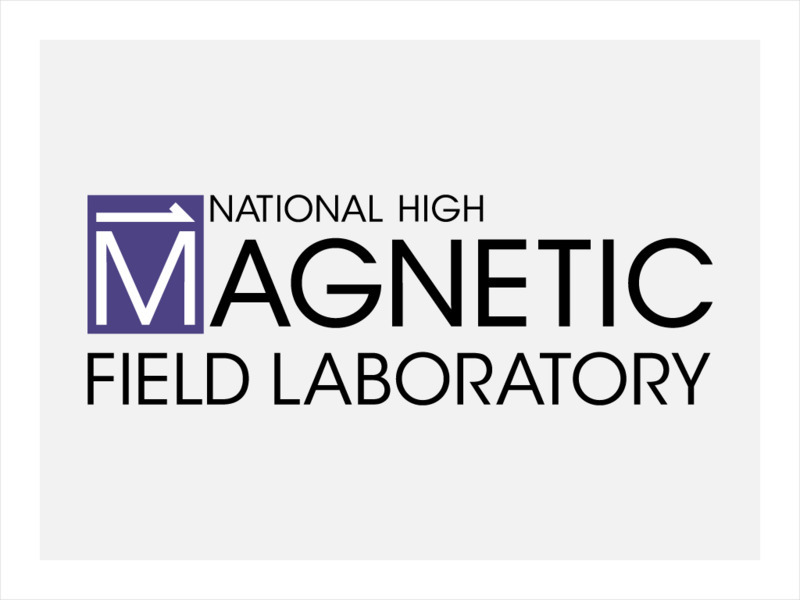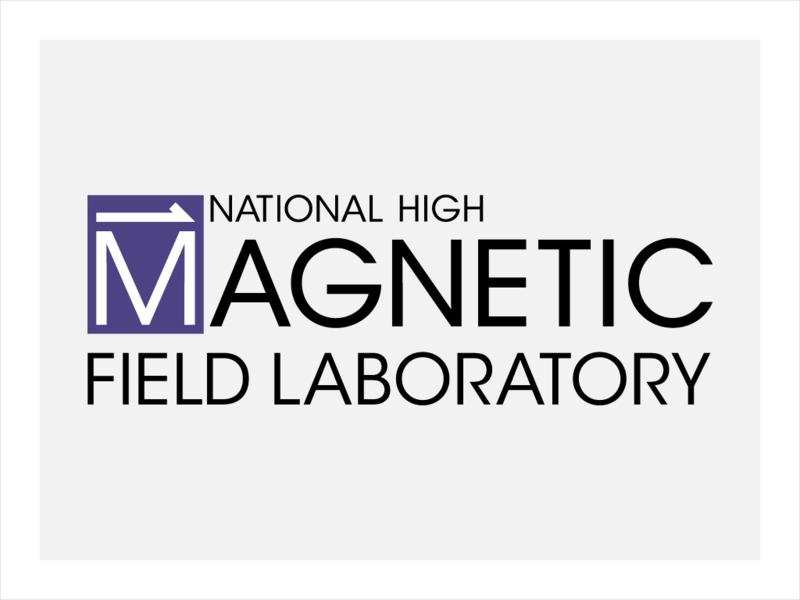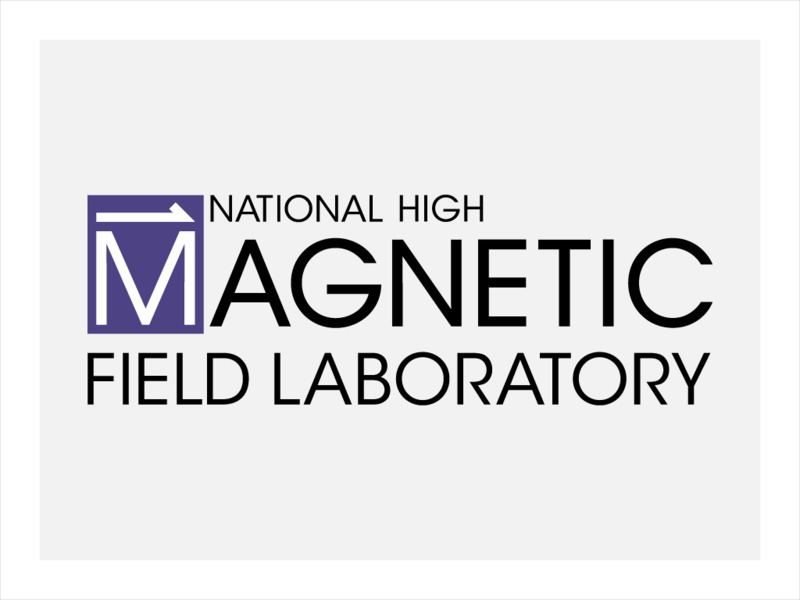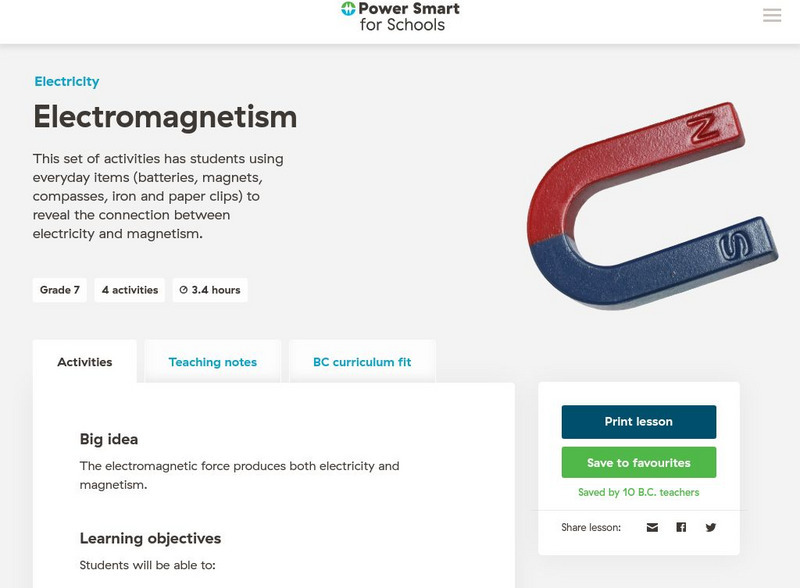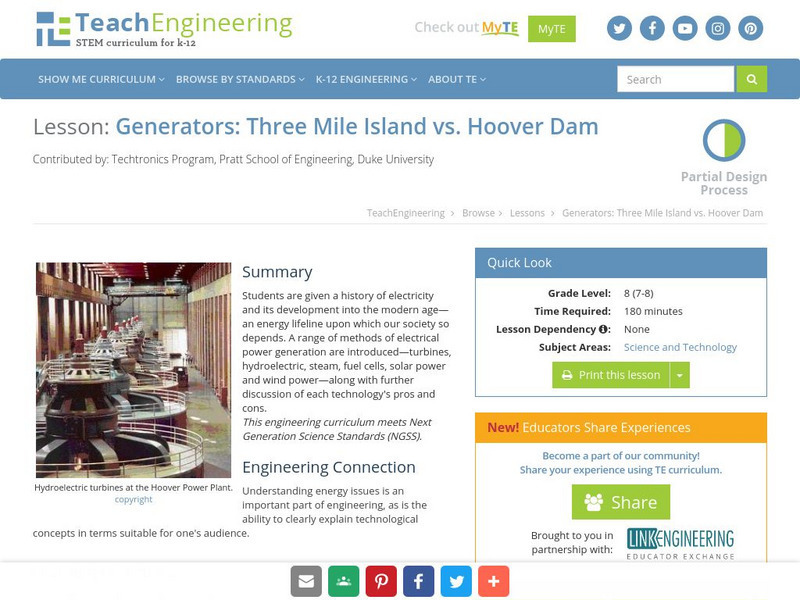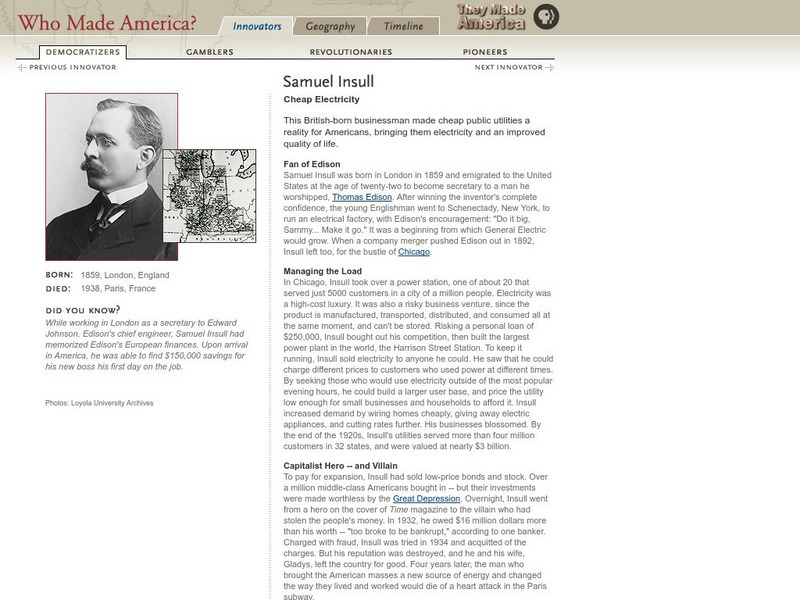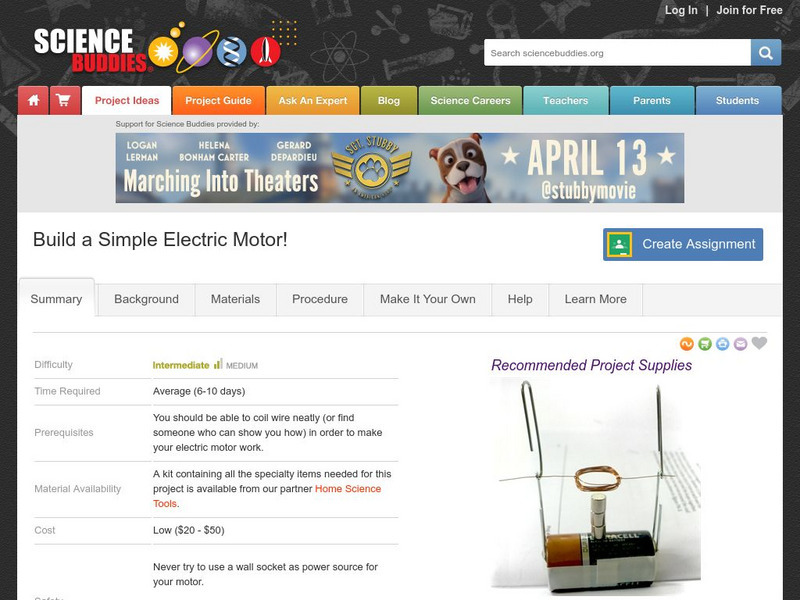Hi, what do you want to do?
The College Board
Ap Central: Ap Physics C: Electricity and Magnetism: The Course
CollegeBoard offers a page of resources for students and teachers of AP Physics C: Electricity and Magnetism. Find course and exam information, teaching resources, articles, and recommended links.
The Wonder of Science
The Wonder of Science: 3 Ps2 3: Electric and Magnetic Forces
Learn about cause and effect relationships of electric or magnetic interactions between two objects not in contact with each other.
National High Magnetic Field Laboratory
Magnet Academy: Timeline of Electricity and Magnetism: 1800 1819
Alessandro Volta invents the first primitive battery, discovering that electricity can be generated through chemical processes; scientists quickly seize on the new tool to invent electric lighting. Meanwhile, a profound insight into the...
Exploratorium
Exploratorium: Science Snacks: Physics/electricity & Magnetism
Exploratorium Science Snacks are miniature science exhibits and experiments that can be made with common, inexpensive, easily available materials. These electricity snacks represent a set of devices that you can build and experiment with...
Cosmo Learning
Cosmo Learning: Physics Ii: Electricity and Magnetism
A collection of video lectures from a fundamentals of physics course taught at Massachusetts Institute of Technology. The course is the second in the sequence and focuses on electricity and magnetism The videos feature topics on...
National High Magnetic Field Laboratory
Magnet Academy: Timeline of Electricity and Magnetism: 1870 1879
The telephone and first practical incandescent light bulb are invented while the word "electron" enters the scientific lexicon.
National High Magnetic Field Laboratory
Magnet Academy: Timeline of Electricity and Magnetism: 1960 1979
Computers evolve into PCs, researchers discover one new subatomic particle after another and the space age gives our psyches and science a new context.
National High Magnetic Field Laboratory
Magnet Academy: Timeline of Electricity and Magnetism: 1940 1959
Defense-related research leads to the computer, the world enters the atomic age and TV conquers America.
National High Magnetic Field Laboratory
Magnet Academy: Timeline of Electricity and Magnetism: 600 Bc 1599
Find out how humans discovered the magnetic lodestone as well as the attracting properties of amber. Advanced societies, in particular the Chinese and the Europeans, exploited the properties of magnets in compasses, a tool that makes...
National High Magnetic Field Laboratory
Magnet Academy: Timeline of Electricity and Magnetism: 1910 1929
Scientists' understanding of the structure of the atom and of its component particles grows, the phone and radio become common, and the modern television is born.
Exploratorium
Exploratorium: Science Snacks: Magnetic Pendulums
See how electricity and magnetism interact with this activity. Activity has students creating a current by swinging a copper coil through a magnetic field. The copper coil will start a second coil swinging as well.
National High Magnetic Field Laboratory
Magnet Academy: Schweigger Multiplier 1820
Spurred by Hans Christian Orsted's discovery of a relationship between electricity and magnetism, German chemist Julian Schweigger immediately began tinkering and soon came up with a very early galvanometer known as the Schweigger...
Other
Hes Energy Net: Energy Use and Delivery: Lesson Plan 3.3: Electromagnets [Pdf]
In this lesson, students learn how to identify and explain an electromagnet, describe the relationship between electricity and magnetism, and compare an electromagnet to a bar magnet.
US Energy Information Administration
U.s. Eia Energy Kids: Energy Sources: Electricity
A basic description of electricity and the role it plays in everyday life.
Orpheus Books
Q Files: Electricity and Magnetism: Electric Charge
Learn how electric charges work and about Coulomb's Law, which is used to calculate the strength of an electric force.
Other
Bc Hydro: Power Smart for Schools: Electromagnetism
This set of activities has students using everyday items (batteries, magnets, compasses, iron and paper clips) to reveal the connection between electricity and magnetism. Ideally, students will already have experience building simple...
Other
Magnet Lab: Physics Lessons by Science Joy Wagon
These physics lessons and tutorials are designed to be a resource for learning introductory level, algebra-based physics. Organization is by topic, but a search option is available for quickly finding specific information. Although most...
TeachEngineering
Teach Engineering: Generators: Three Mile Island vs. Hoover Dam
Students are given a history of electricity and its development into the modern age lifeline upon which we so depend. The methods of power generation are introduced, and further discussion of each technology's pros and cons follows.
PBS
Pbs: Who Made America?: Innovators: Samuel Insull
This British-born businessman made cheap public utilities a reality for Americans, bringing them electricity and an improved quality of life.
Science Buddies
Science Buddies: Rock On! Recording Digital Data With Magnets
This is a straightforward project that shows you how data can be digitized and stored on magnetic recording media. You'll learn how alpha-numeric characters are digitized, and you'll use bar magnets to represent the individual data...
Science Buddies
Science Buddies: Spin Right 'Round With This Simple Electric Motor
If you put on clothes that were washed in a washing machine, rode in a car, ate food from a fridge, warmed up lunch in a microwave, or played a video game, you used an electric motor. Try this science fair project and you'll learn how to...
Science Buddies
Science Buddies: Solar Cell Power Output vs. Temperature
Solar cells provide a clean way of making electricity directly from sunlight. In this project you will build a simple circuit and experimental setup to investigate whether the power output of a solar cell changes with ambient temperature.
Exploratorium
Exploratorium: Science Snacks: Magnetic Suction
An experiment to find out how an old-style doorbell works.
Florida State University
Florida State University: Magnet Lab: Discovery of Electromagnetism
Two scientists share the credit for discovering, and then interpreting, the phenomenon of electromagnetism.





